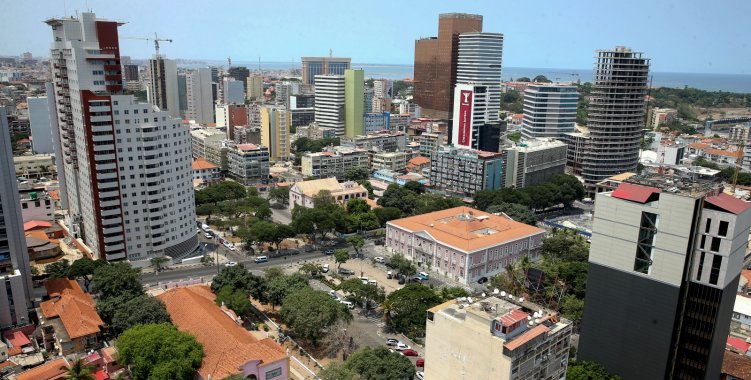"Angola stands out as the country that is experiencing its best economic moment in recent years", wrote the EMFI analysts, in a note sent to Lusa.
"The local currency, the kwanza, recorded the best performance against the dollar since the beginning of the year, mainly due to the high price of oil, the improvement in the 'rating' of Angola by several financial rating agencies, and the foreseeable slowdown in the interest rate hike by the central bank", consider these analysts, noting, even so, that "all good news depends on the price of oil, whose recent fall was Angola's worst nightmare not long ago".
The situation of improvement in economic indicators in recent months marks a world of difference with the economic situation of 20 years ago, when, on April 4, 2002, in Luena, the peace accords were signed between the Movimento Popular de Libertação de Angola (MPLA) and the União Nacional para a Independência Total de Angola (UNITA) ending 27 years of Angola's civil war.
Recovering the analysis that the International Monetary Fund (IMF) made of the Angolan economy in 2003, the first year in which the country was analyzed under Article IV, it read that "Angola faces a serious humanitarian crisis, with more than 65 per percent of the urban population living below the poverty line" and that the number of people living in extreme poverty had doubled between 1995 and 2000, to almost 25 percent of the population.
Despite this, oil influenced economic indicators in a misleading way, as the economic growth rate in 2002 was 15 percent, due to the 900,000 barrels that the country pumped daily.
Consumer prices doubled between 2001 and 2022, reaching a rate of 110 percent in May 2003, for example, and dollar deposits in banks accounted for 85 percent of the total and public debt improved by 126 percent. of GDP in 1997, to 80 percent in 2022, but the IMF itself warns that all these data have to be read with caution, since "Angola's statistical capacity is very, very weak".
Fast forward 20 years, the picture is completely different, with most analysts predicting that Angola will grow solidly this year, but still insufficient to compensate for the last five years of economic recession, motivated primarily by the drop in oil prices, and later worsened by the Covid-19 pandemic, but always with economic developments closely linked to hydrocarbons and support from China.
"The Asian country has played an important role in the reconstruction of Angola's infrastructure since the end of the civil war, in 2002, and has received almost half of the annual oil production since then, in exchange", according to the consultant.
Angola's debt to China represents almost 30 percent of GDP, equivalent to more than 20 billion dollars, according to EMFI, but the authorities' efforts are aimed at reducing payments in oil, subject to market variations and with disadvantageous conditions for the African country, the second largest oil producer in sub-Saharan Africa.
The "best moment in recent years" is revealed in several indicators: public debt fell to less than 100 percent of GDP, according to the Ministry of Finance, largely due to the appreciation of the kwanza, which gained 23 percent against dollar only in the first quarter of the year, but also due to the support of the IMF, which lent 4.7 billion dollars, the largest financial adjustment program in the entire African continent.
In an interview with Lusa at the end of January, the director of the African department, Abebe Aemro Selassie, summarized his confidence in the Angolan authorities: "Given all the adversity of the shocks they faced, the Angolan authorities made a remarkable effort to deal with the imbalances and It's very encouraging to see growth this year, they've done a tremendous job of keeping the economy going and getting here."







